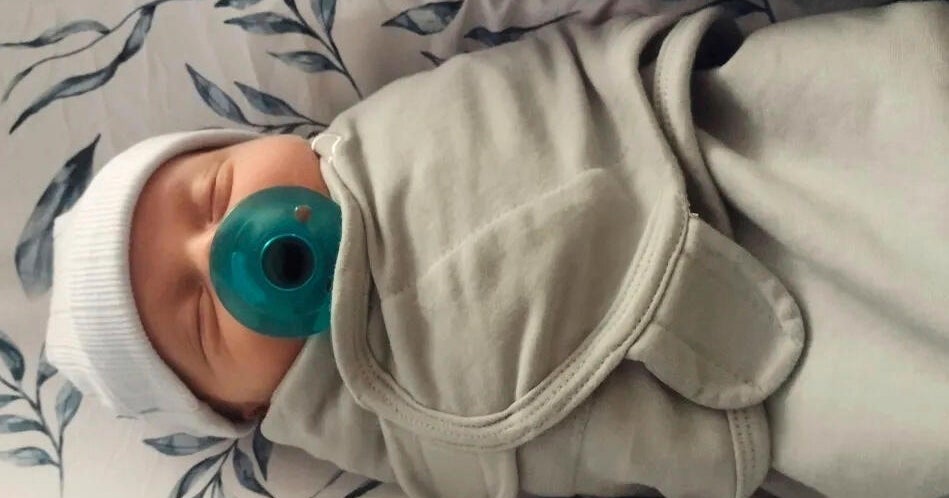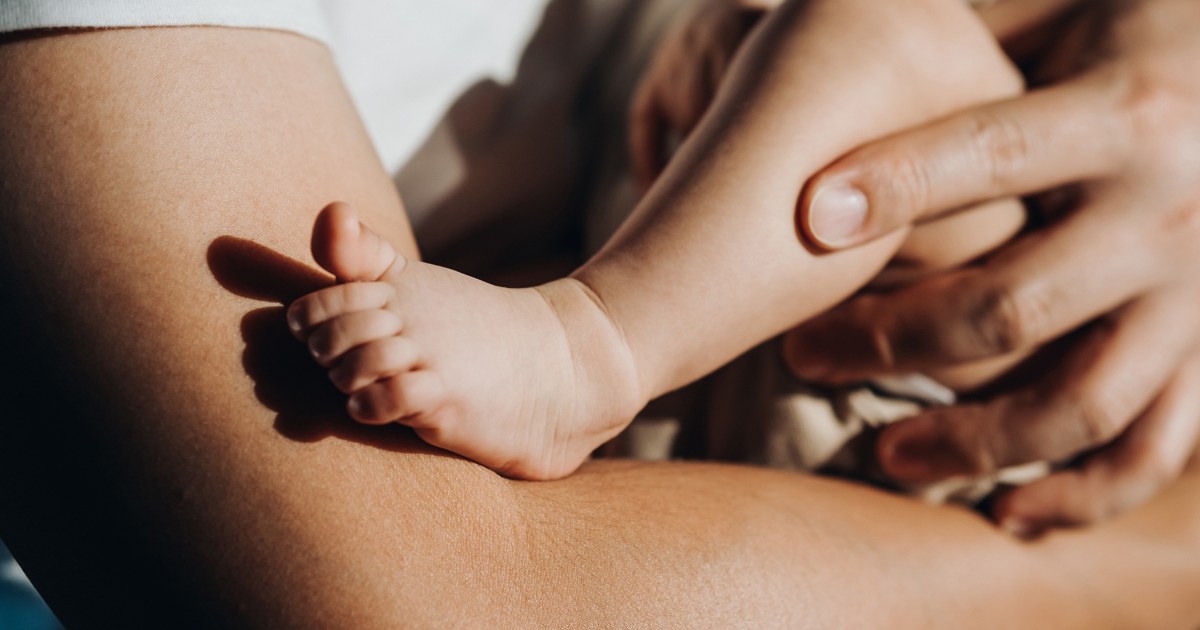T4K3.news
Oldest baby born from 1994 frozen embryo
Thaddeus Daniel Pierce was born in Ohio from an embryo frozen over 30 years ago.

The birth of Thaddeus Daniel Pierce marks a milestone in in vitro fertilization history.
Oldest baby born from 1994 frozen embryo in Ohio
Thaddeus Daniel Pierce has made headlines as the world’s oldest baby born from an embryo frozen in 1994. His birth occurred on July 26 in Ohio, where parents Lindsey and Tim Pierce utilized an "adopted" embryo from Linda Archerd. This embryo had been preserved for over three decades. Archerd originally created four embryos in her attempt to conceive via in vitro fertilization (IVF) with her then husband. After the birth of her daughter, she opted to keep the remaining embryos stored. Following her divorce, Archerd learned about the option of embryo donation, expressing a preference for her embryos to be adopted by a white, Christian couple. Lindsey Pierce emphasized that their goal was simply to have a child, stating, "We didn’t go into it thinking we would break any records." This birth underscores the potential for embryos preserved for many years to bring new life, raising important discussions around fertility treatments and ethical considerations.
Key Takeaways
"We didn’t go into it thinking we would break any records."
Lindsey Pierce reflects on their goal of simply having a child.
"The first thing that I noticed when Lindsey sent me his pictures is how much he looks like my daughter."
Linda Archerd shares her emotional response upon seeing the newborn's pictures.
"Every embryo deserves a chance at life and the only embryo that cannot result in a healthy baby is the embryo not given the opportunity to be transferred."
Dr. John Gordon emphasizes the importance of giving every embryo a chance.
"We had a rough birth, but we’re both doing well now. He is so chill. We are in awe that we have this precious baby."
Lindsey expresses her joy and relief following Thaddeus' birth.
This remarkable case of Thaddeus' birth highlights the evolving landscape of reproductive technology and the emotional complexities involved in embryo adoption. As fertility treatments become more commonplace, ethical discussions surrounding the fate of surplus embryos are likely to intensify. The preference expressed by Archerd for her embryos to be adopted reflects the increasingly personal nature of these decisions. With rising IVF usage rates, particularly among older women, society must grapple with both the medical and moral implications of such technologies. How we handle these cases may shape future policies surrounding reproductive rights and embryo storage.
Highlights
- A frozen embryo can pave the way for new life even after decades.
- Every embryo deserves a chance at life, says Dr. John Gordon.
- We just wanted to have a baby, not break records.
- This baby looks just like my daughter did as a baby.
Ethical considerations surrounding embryo adoption
The birth of Thaddeus raises important ethical discussions about embryo adoption and the handling of frozen embryos. As technology advances, it is crucial to address the implications of such practices.
As advancements in reproductive technology continue, further exploration of ethical boundaries is essential.
Enjoyed this? Let your friends know!
Related News

Thaddeus born from world’s oldest embryo

Oldest baby in the world born from frozen embryo
Ohio couple celebrates birth from embryo frozen for over 30 years

Historic baby born from record-breaking frozen embryo

Ohio couple gives birth to son from historic frozen embryo

Jessica Wright discusses family pressures and personal trials

Eight babies born using DNA from three people

Baby boomers show remarkable health and longevity
